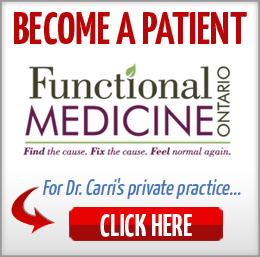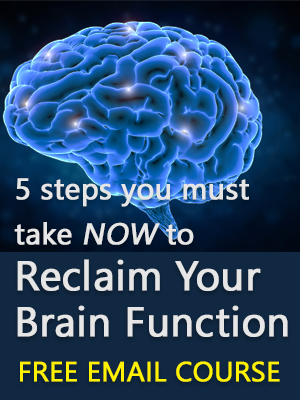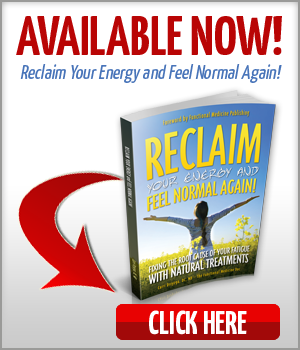Podcast: Play in new window | Download
Subscribe: Apple Podcasts | Android | RSS
In this episode of The Functional Medicine Radio Show, Dr. Carri’s special guest Dr. Rachna Patel explains the benefits of medical marijuana.
Dr. Rachna Patel has been practicing in the area of medical marijuana for over half-a-decade. She walks patients step-by-step through how to use medical cannabis for their specific medical condition without getting high off of it, without getting addicted to it, and without smoking it.
She speaks from the experience of having treated thousands of patients and having read research study upon research study on marijuana. She completed her medical studies at Touro University College of Osteopathic Medicine.
Main Questions Asked about Medical Marijuana:
- How did you end up in the field of medical marijuana?
- What are some of the common conditions you see in your practice?
- How does medical cannabis fit into the medical system right now?
- How quickly do patients typically see results?
- Does medicinal marijuana need to be smoked?
- Is medical cannabis addictive?
- Are there people who should not use medical marijuana?
- How should someone choose a doctor if they want to look into medical cannabis?
Key Points Made by Dr. Patel about Medical Marijuana:
- After seeing cases of opioid overdose and other abuses of medication, Dr. Patel started researching the field of medical marijuana which was very compelling.
- Chronic pain, anxiety, and insomnia are the most common conditions that are treated by medical marijuana, but there are a variety of other conditions like cancer, multiple sclerosis, and ADHD.
- Treatment with medical marijuana often allows the patients to come off of other pain management drugs.
- For insomnia, medical cannabis helps patients sleep and wake up feeling refreshed instead of groggy like they would with over the counter drugs.
- Medical marijuana’s place in the system is very dependent on the state you are in and the laws on the books. Some states are heavily regulated.
- As long as the dosage and composition is correct, patients could see results as early as day one.
- The world has been using marijuana incorrectly, as long as it’s used within a particular dosage and therapeutic range the effects are positive instead of negative.
- The cannabinoids mainly produced by marijuana are THC and CBD. THC is psychoactive and creates the sensation of being high; CBD does not.
- The advantage of medical marijuana is that the chemical composition is lab tested and the amounts of each chemical are known. They also test for fungus, bacteria, and pesticides.
- Medical cannabis does not need to be smoked – there are many alternatives that cater to different dietary and physical needs. Smoking tends to cause inflammation.
- Medical marijuana can become addictive, but it’s much less addictive than tobacco or alcohol. It’s roughly as addictive as caffeine for people who already use it recreationally.
- Generally people with a past history of psychotic episodes, heart conditions, or lung conditions should NOT use medical cannabis. Pregnant women should be cautious as well – the effects on an unborn baby are not known.
- A good doctor is one that gives you the information you need to use medical marijuana effectively for your condition.
Resources Mentioned for Medical Marijuana:
Information on Rules and Regulations for Medical Marijuana
How to Choose a Medical Marijuana Doctor that You Can Trust
Book – Reclaim Your Energy and Feel Normal Again
Thank you for listening! If you enjoyed this podcast, please subscribe and leave a 5 star rating and review on iTunes!




